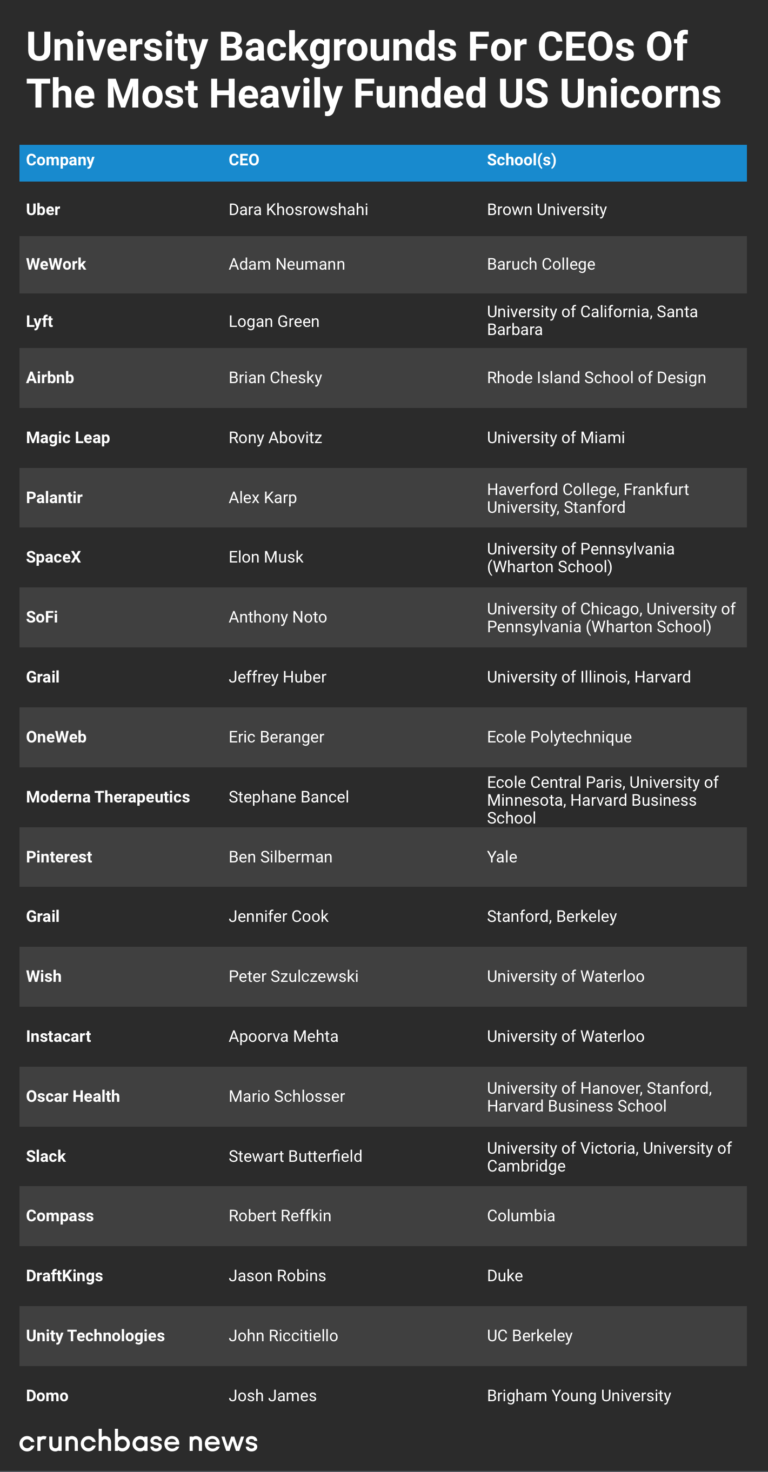Itbeen a long night at VivaTech. The building hosted a very special competition — the very first TechCrunch Hackathon in Paris.
Hundreds of engineers and designers got together to come up with something cool, something neat, something awesome. The only condition was that they only had 24 hours to work on their projects. Some of them were participating in our event for the first time, while others were regulars. Some of them slept on the floor in a corner, while others drank too much Red Bull.
We could all feel the excitement in the air when the 64 teams took the stage to present a one-minute demo to impress fellow coders and our judges. But only one team could take home the grand prize and €5,000. So, without further ado, meet the TechCrunch Hackathon winner.
Winner: CommerceDNA
Runner-Up #1: AID
Runner-Up #2: EV Range Meter
Judges

Nicolas Bacca, CTO, LedgerNicolas worked on card systems for 5 years at Oberthur, a leader in embedded digital security, ultimately as R-D Solution Architect. He left Oberthur to launch his company, Ubinity, which was developing smartcard operating systems.
He finally co-founded BT Chip to develop an open standard, secure element based hardware wallet which eventually became the first version of the Ledger wallet.

Charles Gorintin, co-founder - CTO, AlanCharles Gorintin is a French data science and engineering leader. He is a cofounder and CTO of Alan. Alanmission is to make it easy for people to be in great health.
Prior to co-founding Alan, Charles Gorintin was a data science leader at fast-growing social networks, Facebook, Instagram, and Twitter, where he worked on anti-fraud, growth, and social psychology.
Gorintin holds a Masterdegree in Mathematics and Computer Science from Ecole des Ponts ParisTech, a Masterdegree in Machine Learning from ENS Paris-Saclay, and a Masters of Financial Engineering from UC Berkeley & Haas School of Business.

Samantha Jérusalmy, Partner, Elaia Partners
Samantha joined Elaia Partners in 2008. She began her career as a consultant at Eurogroup, a consulting firm specialized in organisation and strategy, within the Bank and Finance division. She then joined Clipperton Finance, a corporate finance firm dedicated to high-tech growth companies, before moving to Elaia Partners in 2008. She became an Investment Manager in 2011 then a Partner in 2014.

Laure Némée, CTO, Leetchi
Laure has spent her career in software development in various startups since 2000 after an engineerdegree in computer science. She joined Leetchi at the very beginning in 2010 and has been Leetchi Group CTO since. She now works mainly on MANGOPAY, the payment service for sharing economy sites that was created by Leetchi.

Benjamin Netter, CTO, Lendix
Benjamin is the CTO of Lendix, the leading SME lending platform in continental Europe. Learning to code at 8, he has been since then experimenting ways to rethink fashion, travel or finance using technology. In 2009, in parallel with his studies at EPITECH, he created one of the first French applications on Facebook (Questions entre amis), which was used by more than half a million users. In 2011, he won the Foursquare Global Hackathon by reinventing the travel guide with Tripovore. In 2014, he launched Somewhere, an Instagram travel experiment acclaimed by the press. He is today reinventing with Lendix the way European companies get faster and simpler financing.
And finally here were our hackmasters that guided our hackers to success:

Emily Atkinson, Software Engineer / MD, DevelopHer UKEmily is a Software Engineer at Condé Nast Britain, and co-founder - Managing Director of women in tech network DevelopHer UK. Her technical role involves back-end services, infrastructure ops and tooling, site reliability and back-end product. Entering tech as an MSc Computer Science grad, she spent six years at online print startup MOO & working across the platform, including mobile web and product. As an advocate for diversity and inclusion in STEM - digital in 2016 Atkinson launched DevelopHer, a volunteer-run non-profit community aimed at increasing diversity in tech by empowering members to develop their career and skills through events, workshops, networking and mentoring.

Romain Dillet, Senior Writer, TechCrunchRomain attended EMLYON Business School, a leading French business school specialized in entrepreneurship. He covers many things from mobile apps with great design to fashion, Apple, AI and complex tech achievements. He also speaks at major tech conferences. He likes pop culture more than anything in the world.

 15
15








